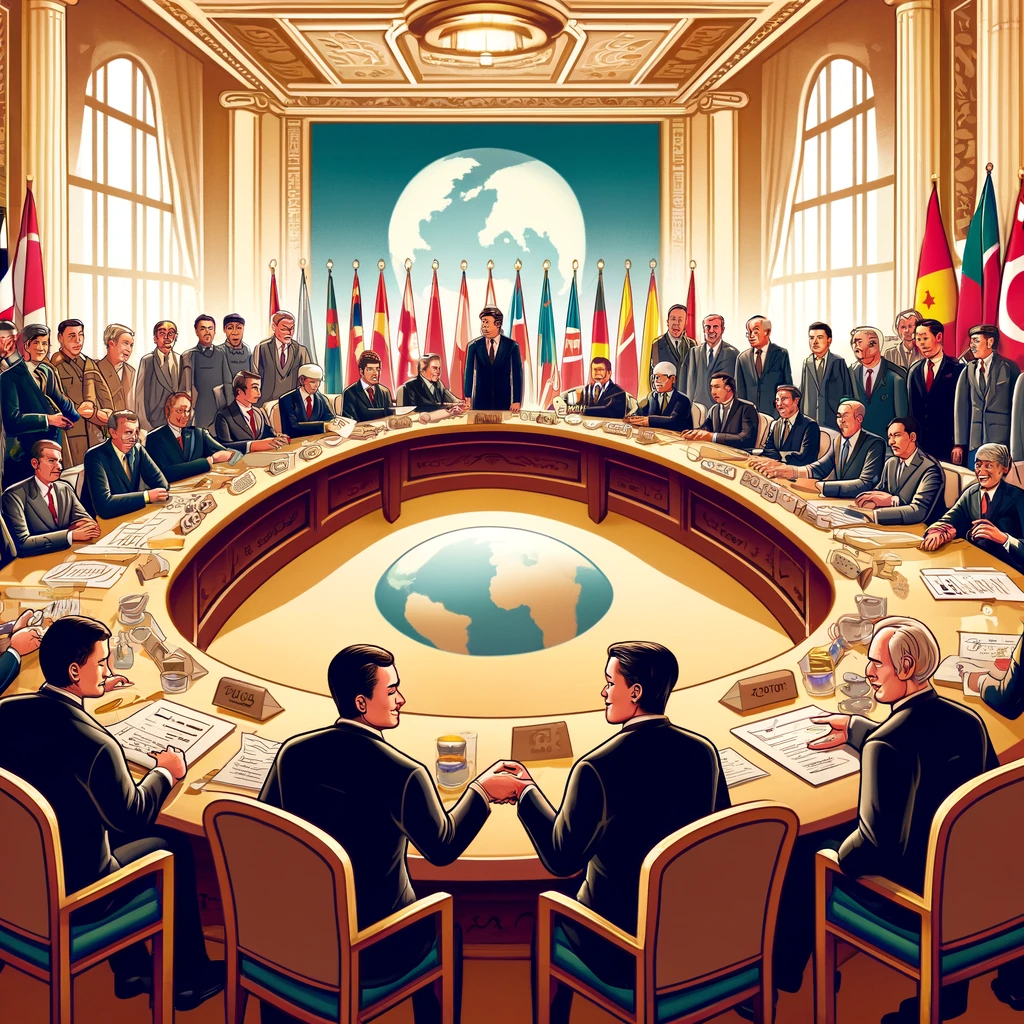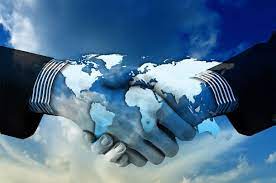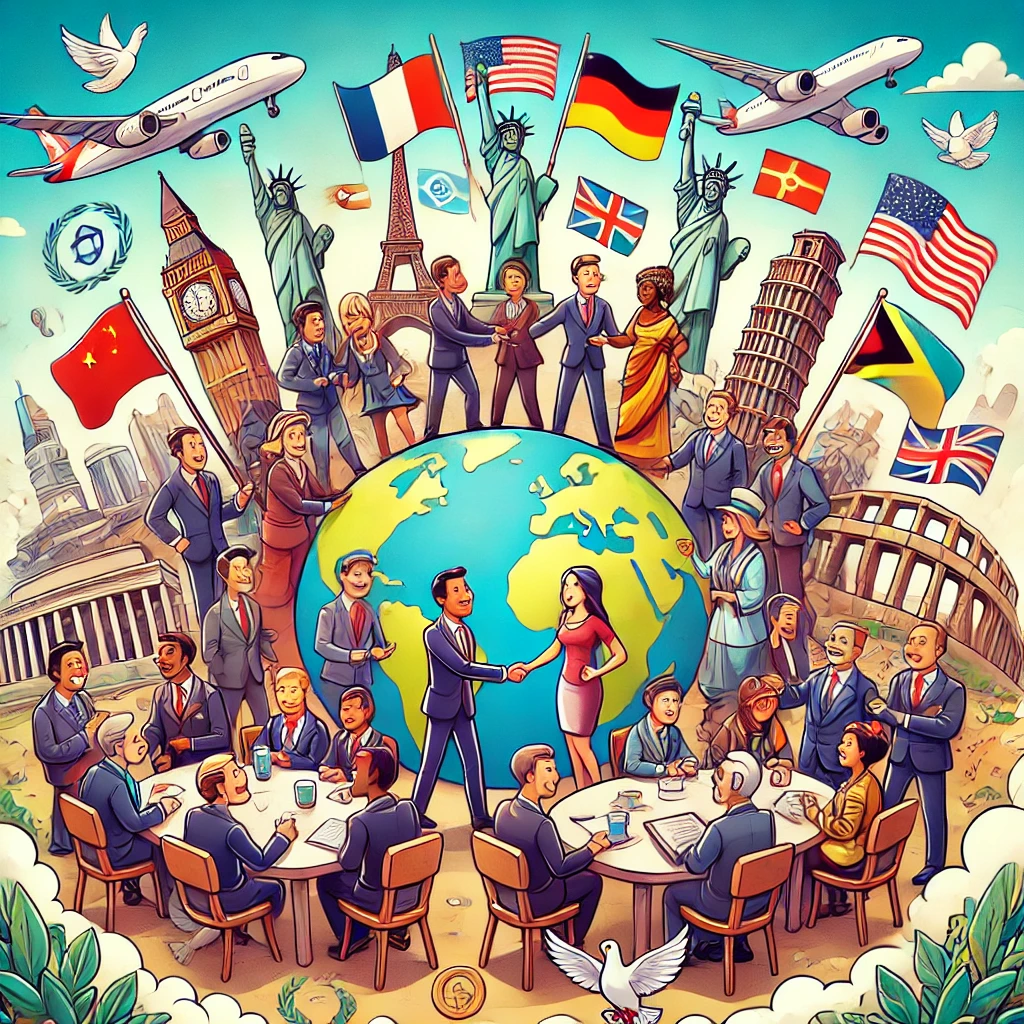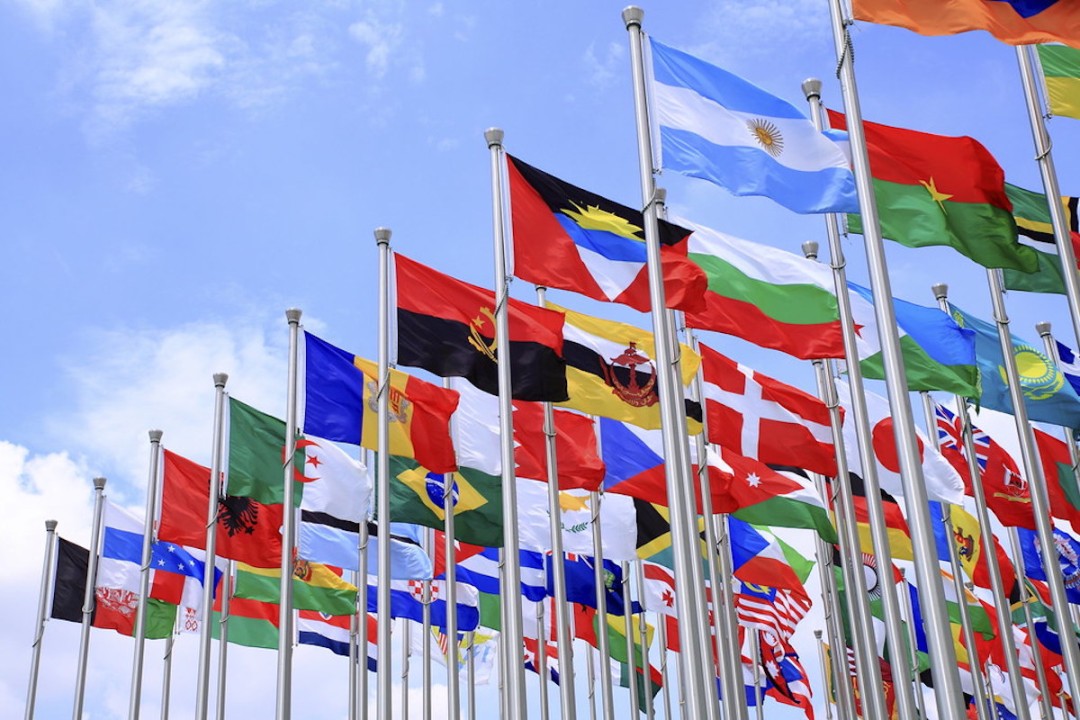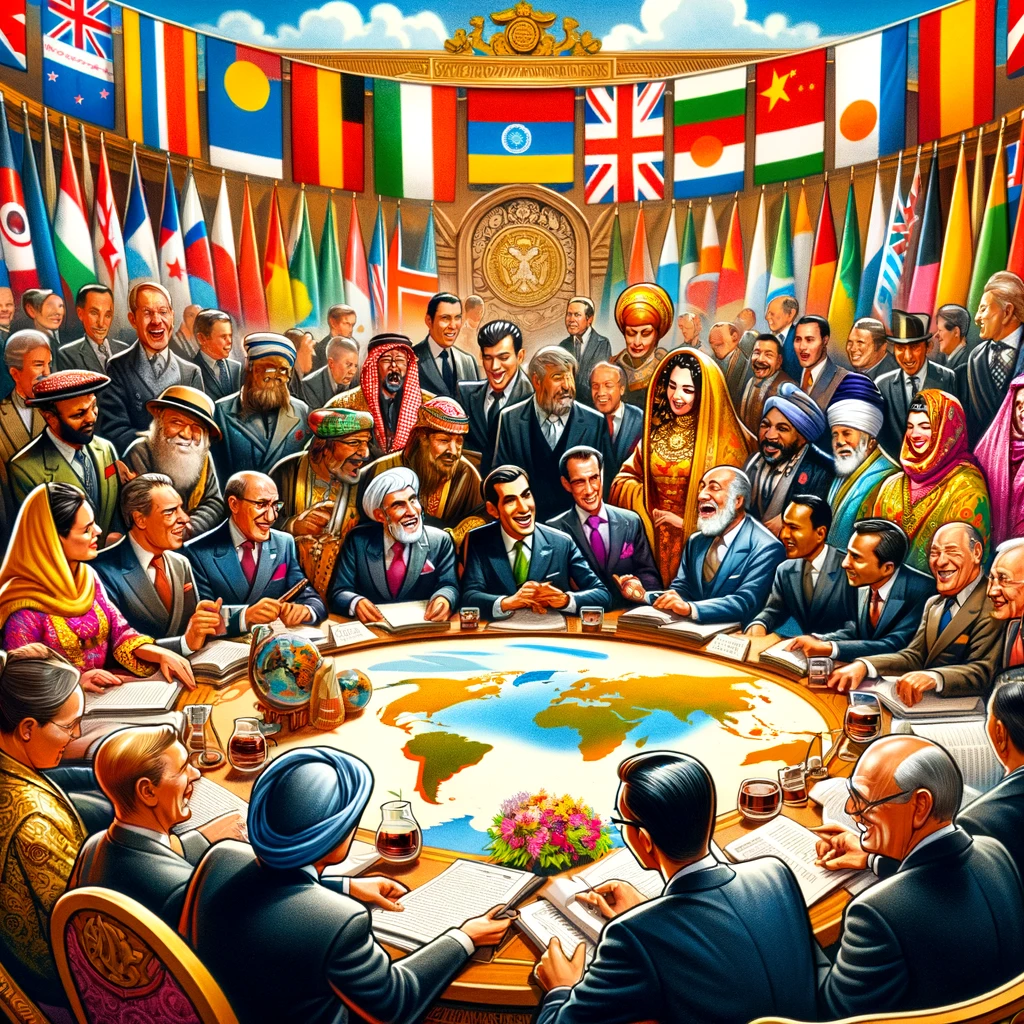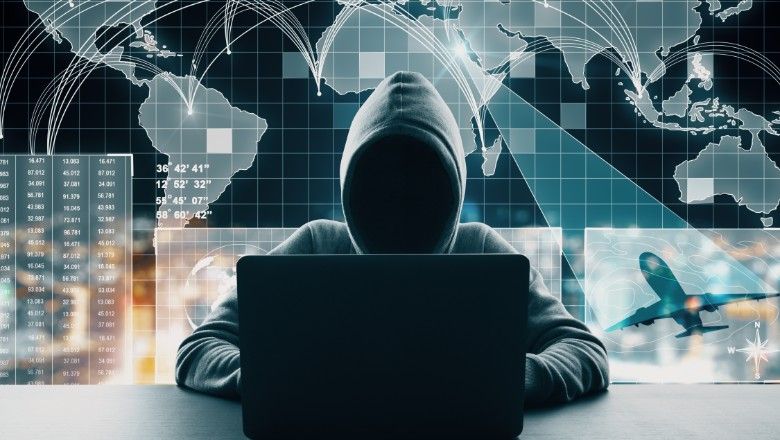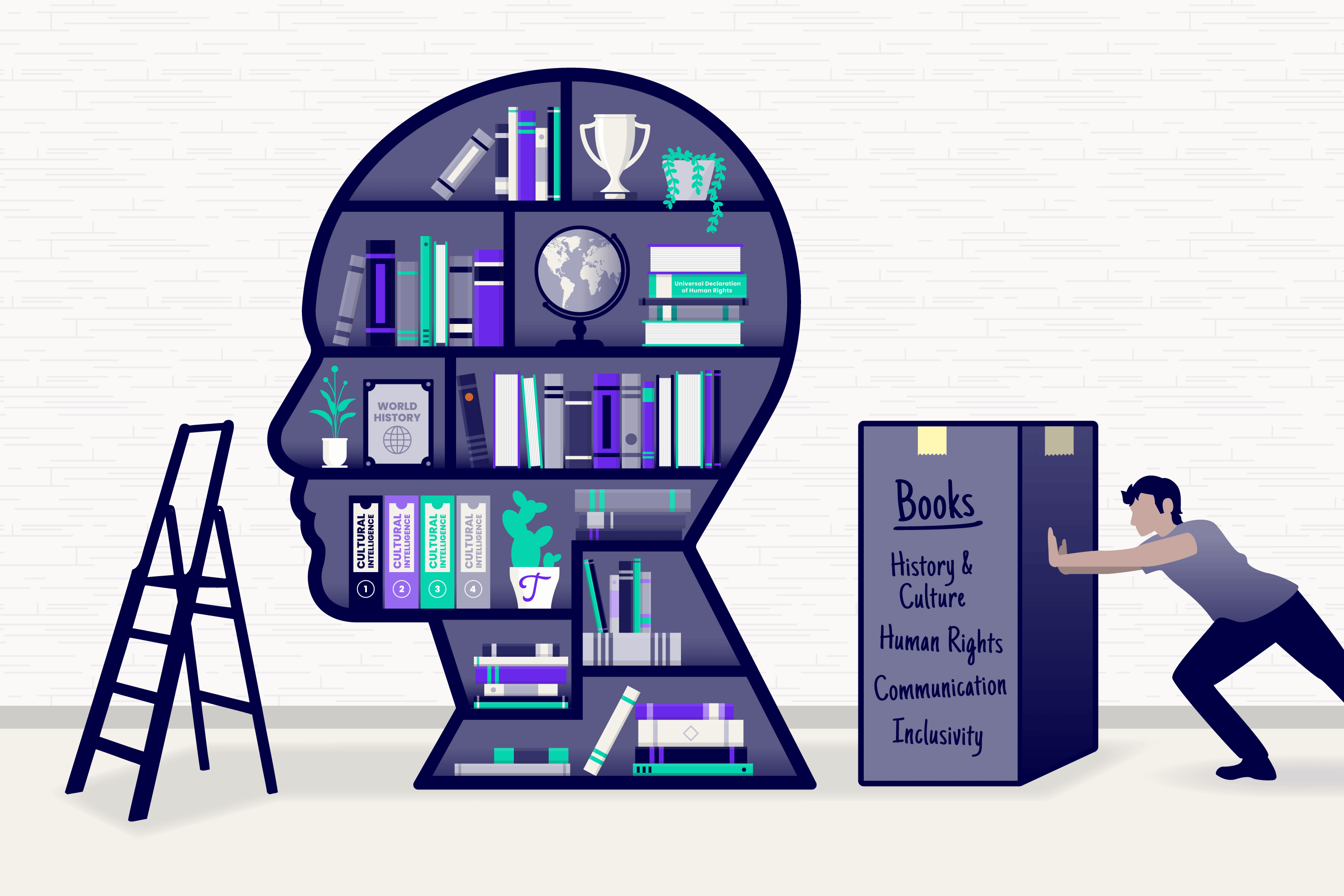A comprehensive guide to understanding diplomacy, international relations, and the career opportunities they provide. Learn how Al Mithaq Institute’s programs can help you pursue a successful career in these fields.
Introduction to Diplomacy and International Relations
What is Diplomacy?
Diplomacy refers to the management of relations between countries and is essential for maintaining peaceful coexistence among nations. Diplomats play a central role in conducting negotiations, resolving conflicts, and shaping the policies that govern international relations. Diplomacy serves as the tool for managing the interactions between states, as well as between states and international organizations, corporations, and civil society actors.
What is International Relations?
International relations (IR) is the study of how countries, international organizations, non-governmental organizations (NGOs), and other international actors interact with each other. It covers a wide range of topics, including global governance, international law, international trade, security studies, human rights, environmental policy, and economic cooperation. Understanding IR is critical in addressing issues like climate change, terrorism, and human rights.
Why Is Diplomacy and International Relations Important?
In today’s world, diplomacy and international relations are more critical than ever. Issues such as climate change, terrorism, global health pandemics, refugee crises, and economic inequality require international cooperation and diplomatic engagement to address effectively. As such, the demand for skilled professionals in international relations continues to grow, offering numerous career opportunities for those trained in this field.
The Role of Diplomacy in Global Politics
Historical Evolution of Diplomacy
Diplomacy has evolved over centuries from the simple communication between sovereign states to a highly sophisticated and professional field. The 20th century saw a dramatic shift with the establishment of international organizations such as the United Nations, the World Trade Organization, and regional bodies like the European Union. The Cold War era, in particular, shaped modern diplomatic strategies, emphasizing dialogue and negotiation in preventing global conflicts.
Modern Diplomacy: Key Features and Practices
In the 21st century, diplomacy includes both formal negotiations between state actors and the influence exerted by private actors such as multinational corporations and NGOs. Modern diplomacy focuses on global security, economic diplomacy, environmental concerns, and humanitarian efforts, all essential in maintaining international peace and cooperation.
International Relations Theories and Frameworks
Realism, Liberalism, and Constructivism
Scholars have developed several theories to explain international interactions, including Realism, Liberalism, and Constructivism. Each theory offers a distinct perspective on global politics, with Realism emphasizing power and security, Liberalism focusing on cooperation and international institutions, and Constructivism examining the role of ideas and identities in shaping international relations.
Applications of International Relations Theories
Al Mithaq Institute’s Diploma in International Relations integrates these key theories, preparing students to analyze and navigate global politics effectively. The curriculum helps students understand the complex dynamics of international relations while providing practical tools to succeed in global diplomacy.
Career Paths in Diplomacy and International Relations
Government and Diplomatic Services
Graduates may pursue careers as foreign service officers, ambassadors, or consular officers. These professionals are responsible for managing their country’s relations with other nations, engaging in negotiations, and promoting their country’s interests on the global stage.
International Organizations and NGOs
International organizations, such as the United Nations and NGOs, are key employers of international relations professionals. These organizations address global challenges, from human rights to environmental sustainability, often requiring experts in diplomacy and international law.
Private Sector and Corporate Diplomacy
Corporations operating across borders require professionals to navigate international markets and negotiate agreements. Corporate diplomacy focuses on managing relationships with governments and international stakeholders to ensure business success in a globalized world.
Academia and Research
For those interested in research and teaching, academia offers opportunities to contribute to the development of new international relations theories and policies. Professors and researchers play a critical role in advancing the study of global politics and governance.
Essential Diplomatic Skills for Professional Success
Communication and Negotiation Skills
Effective communication is the cornerstone of diplomacy. Whether conducting formal negotiations or informal discussions, diplomats must be able to articulate their country’s position clearly and build positive relationships with international counterparts.
Conflict Resolution and Mediation
Diplomacy involves resolving conflicts between countries, organizations, or individuals. Skilled diplomats are adept at identifying sources of tension and finding peaceful solutions that benefit all parties involved, contributing to global stability.
Cultural Sensitivity and Global Awareness
Understanding cultural nuances and global dynamics is essential for successful diplomatic engagement. Al Mithaq Institute’s **Diploma in Cultural Diplomacy** equips students with the cultural sensitivity needed to succeed in international relations.
Why Study Diplomacy and International Relations at Al Mithaq Institute?
Al Mithaq Institute offers comprehensive, flexible, and accredited programs designed to equip students with the necessary skills to succeed in global diplomacy and international relations. With courses in Cultural Diplomacy, International Law, and International Relations, students benefit from experienced faculty, personalized support, and flexible learning options.
- ✔️ Accredited Programs recognized by local and international educational authorities
- ✔️ Learn from expert faculty with real-world experience in diplomacy
- ✔️ Flexible online and offline learning options to fit your schedule
Start your journey in diplomacy and international relations today at Al Mithaq Institute!
